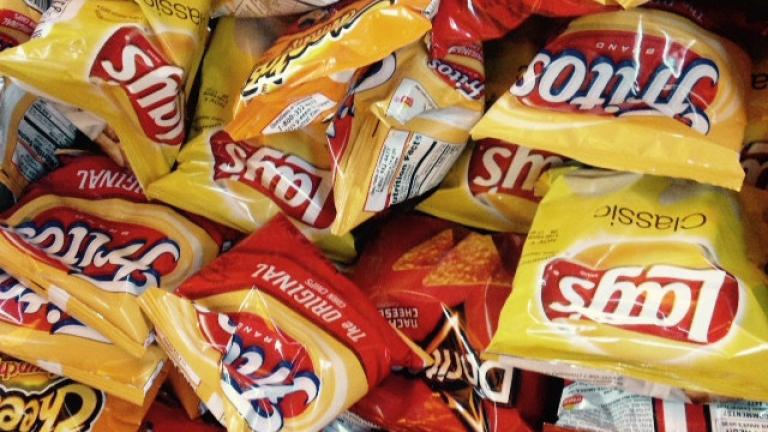
The New York Times recently did a cover story on how junk food is becoming a real hazard in Brazil after successful marketing by multinational food corporations. While the article is about the transformation of food in Brazil, the lessons carry over almost without modification for our climate work. I am going to highlight common patterns by quoting selectively from the article:
Profit seeking in emerging markets: there are only so many ways to sell burgers in the US. Agribusiness wants to expand its reach to new markets -
As their growth slows in the wealthiest countries, multinational food companies like Nestlé, PepsiCo and General Mills have been aggressively expanding their presence in developing nations, unleashing a marketing juggernaut that is upending traditional diets from Brazil to Ghana to India.
Marketization changes production and consumption patterns: what happens when farmers stop growing millets and other traditional crops and grow corn and potatoes for agribusiness?
The new reality is captured by a single, stark fact: Across the world, more people are now obese than underweight. At the same time, scientists say, the growing availability of high-calorie, nutrient-poor foods is generating a new type of malnutrition, one in which a growing number of people are both overweight and undernourished.
Companies successfully mask their profit seeking as "stakeholder creation": it's easy to defend one's work as delivering cheap, wholesome food and creating jobs where none existed before.
Nestlé executives say their products have helped alleviate hunger, provided crucial nutrients, and that the company has squeezed salt, fat and sugar from thousands of items to make them healthier.
Shift responsibility to the individual consumer: once the system is titled in favor of the big corporation, the natural next move is to make the individual consumer responsible for their behavior. That's why we need to watch what we eat and practice mindfulness. Or, in the climate context, why we write books such as "Don't Even Think About It." Clearly a brain evolved to grab fast moving food in the savannah is incapable of resisting french fries or gas guzzling SUVs.
Part of the problem, he added, is a natural tendency for people to overeat as they can afford more food. Nestlé, he said, strives to educate consumers about proper portion size and to make and market foods that balance “pleasure and nutrition.”
Cut deals with local elites and create stakeholders beyond the elite: remember that these companies are trying to make money, not cut down forests for the fun of it. It's best if that money making has local backers.
He said sagging incomes among poor and working-class Brazilians had actually been a boon for direct sales. That’s because unlike most food retailers, Nestlé gives customers a full month to pay for their purchases. It also helps that saleswomen — the program employs only women — know when their customers receive Bolsa Família, a monthly government subsidy for low-income households.
“The essence of our program is to reach the poor,” Mr. Barbosa said. “What makes it work is the personal connection between the vendor and the customer.”
Nevertheless, it's about power and one side as a lot more of it than the other.
“What we have is a war between two food systems, a traditional diet of real food once produced by the farmers around you and the producers of ultra-processed food designed to be over-consumed and which in some cases are addictive,” said Carlos A. Monteiro, a professor of nutrition and public health at the University of São Paulo.
“It’s a war,” he said, “but one food system has disproportionately more power than the other.”
There's nothing in this article that should come as a surprise to those tracking fossil fuel companies. What might be less obvious is the connection to ClimateX's "our theory of change is our theory of learning" manifesto.
That's because learning is seen as a harmless activity. Of course, learning can be harmless, engaging with toy problems or topics that don't threaten anyone's interests, but what is harmless about knowing how tax regimes, biotechnology and deregulation collude in creating a friendly atmosphere for agribusiness?
Learning can be subversive - there's a reason Socrates was executed for corrupting the minds of youth. I don't see how we can topple the power structures of the fossil fuel world unless we understand the concrete ways in which those structures maintain power in New Orleans or Sao Paolo and the abstract patterns that inform those structures worldwide. Action without knowledge is scattershot.






